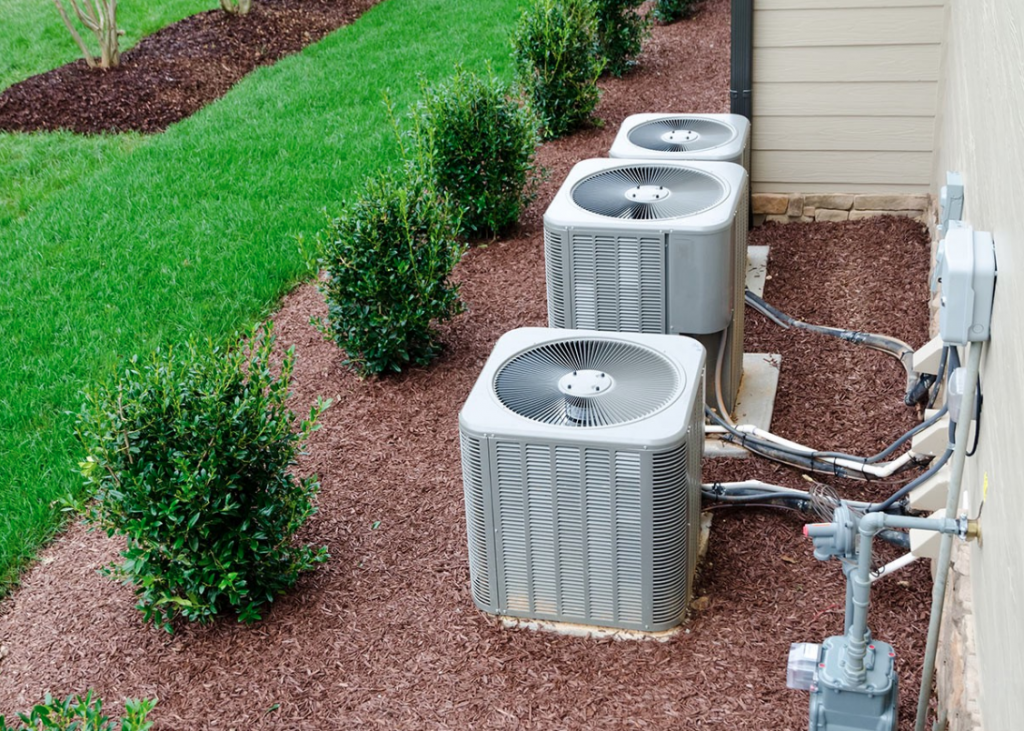Navigating the World of Home Heating: What New Homeowners Need to Know

Owning a home is a dream come true, but with that dream comes responsibility – especially when the temperature dips!

Keeping your new haven comfortable throughout the winter can feel daunting, especially if you’re unfamiliar with the intricate world of home heating systems. Don’t let anxieties about furnaces, boilers, or oil used in it steal your joy!
In this article, we will examine the different ways you can heat your home. We will also help you determine what might work best for you and show you how to keep things cozy without breaking the bank.
So, grab a mug of something hot, settle in, and let’s get started on making your home a toasty haven!
Know Your Heating System Type
Understanding the type of heating system in your new home is very important for making sure it works well and lasts a long time. Heating systems are different in how they work and what they need to keep running smoothly. Let’s go over the main types:
Furnaces: The most common type of furnace heats air and distributes it throughout the house using ducts. It can run on electricity, natural gas, or fuel oil. Regular filter changes and duct cleaning are essential for keeping a furnace running efficiently.
Boilers: Boilers heat water, sending steam or hot water through pipes to radiators or under-floor heating systems. They can be powered by gas, oil, or electricity. It’s important to check the pressure levels and bleed radiators to remove air bubbles that can hinder heat distribution.
Heat Pumps: Heat pumps are energy-efficient systems that can provide both cooling and heating. They extract heat from the air or ground outside and transfer it inside. Maintenance includes checking the refrigerant levels and ensuring the outdoor unit is free from debris.
Electric Heaters: These are typically used in smaller spaces or as supplemental heating. They convert electricity directly into heat. Although they’re less efficient for whole-house heating, they’re easy to use and require minimal maintenance.
Knowing what kind of heating system you have helps you take care of it better. This means your system can work better and last longer. It also helps you make smart choices if you need to upgrade or get a new system, making sure you pick one that fits your home’s needs and is energy-efficient.

Heating System Essentials
As a new homeowner, you’ve got to know about the energy source your heating system uses. This is crucial because it affects your bills, the environment, and how warm your place stays during those chilly months.
Most heating systems run on natural gas, oil, electricity, or renewable sources. Electricity is a common choice for many in new places. It’s clean and often readily available, and you don’t need to store fuel like oil or gas. However, electric heating can sometimes be more expensive than other options, depending on where you live and the efficiency of your system. That’s where heating oil steps in as a compelling option. It’s known for being cost-effective and efficient. What makes it even more attractive are the deals you can find online. Sellers often offer instant price quotes, helping you find the best rates quickly.
Plus, with promotions like those from Romeo Fuel, where you and a friend can each earn a $100 credit after your first deliveries, it can really add up to your savings. Visit our website for more info and learn how to reap the maximum benefits. Remember, the effort you put into researching now can pay off in comfort and savings for years to come.
Emergency Preparedness
As a new homeowner, being prepared for heating system emergencies is crucial, especially if you’re unfamiliar with your new location and its winter challenges. Emergencies can range from sudden system failures during a cold snap to discovering leaks in your oil or gas heating system. Here’s what you need to know to stay prepared:
Regular Maintenance: Schedule annual inspections by a professional to catch any potential issues before they turn into emergencies. This includes checking for leaks, ensuring ventilation systems are clear, and verifying that all components are in good working order.
Emergency Contacts: Keep a list of emergency contact numbers for local heating repair services, gas companies, and a trusted plumber. Knowing who to call immediately can save precious time and prevent further damage.
Emergency Heating Plan: Have a backup heating plan in case your primary system fails. This could include space heaters (used safely with proper clearance from flammable materials), extra blankets, or a wood-burning stove if appropriate. Also, knowing how to safely insulate and seal off rooms can help retain heat in key living areas.
By taking these steps, you can significantly reduce the impact of a heating system emergency, ensuring that you and your family remain safe and warm even in the most unexpected situations.
Wrapping Up
We hope this article has provided valuable insights into the world of home heating for new homeowners. By understanding the essentials of heating systems and preparing for emergencies, you can ensure comfort and safety in your home throughout the year. Now that you know the importance of choosing the right heating system, maintaining it properly, and being prepared for unexpected situations, let’s stay warm and cozy while enjoying peace of mind.








